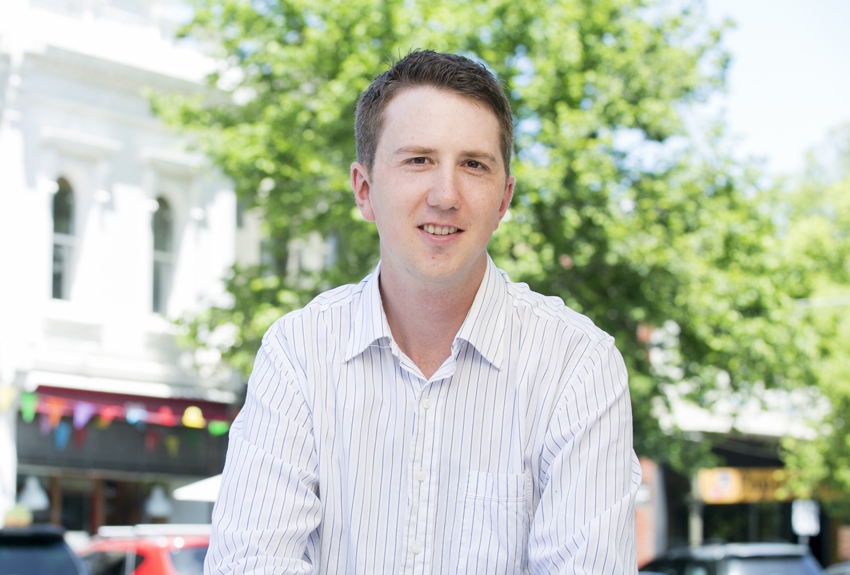A few years ago I attended an OCD support group where people would discuss their symptoms and talk about how they were going. One regular often had trouble explaining himself to the group. He would say ‘you’ll have to excuse me I’m competing with my OCD whilst trying to talk to you’.
This perfectly sums up the condition. The intrusive thoughts that define OCD are constant. They don’t take a break when you’re at work, with friends, on weekends or holidays. And sadly an obsession doesn’t go away after you’ve performed a physical or mental action, as is the common misconception.
As a seven-year old child at a Catholic primary school I was obsessed by the idea that I might go to hell. I’d repeat sentences in my head at ‘just the right speed’ and with precisely the right amount of emphasis on each word.
I’d also constantly analyse my behaviour to determine if I was a sinner and therefore going to hell.
At high school I would obsess about sexuality. Was I gay or straight? And how did I know? I also started to have obsessive thoughts about social interactions and what people thought of me. I guess that’s something we can all relate to.
Towards the end of high school and at university I had a lot of intrusive and obsessive thoughts about whether my clothes fit properly or if the sunlight or computer would damage my eyes. Between lectures I’d sit outside the Western General Hospital’s psychiatric ward thinking that if I just went inside they’d help me and these thoughts would stop.
I did eventually speak to my parents and was referred to a psychiatrist. This was an enormous help.
He told me not to engage in dangerous self-medicating behaviours liking drinking alcohol. Sadly, at 21 years of age, I didn’t listen. I tried to make the obsessive thoughts stop by binge drinking. I also took illicit drugs. But this didn’t work.
I was okay for a while until I developed the obsessional thought that some of the amphetamines I’d taken might still be in my mouth. The compulsion forced me to constantly lick my lips and check myself in the mirror.
It took two years of exposure therapy – trying to increase the time between thought and compulsion – to get the symptoms under control. This long and painful process finally lead me to taking my prescribed medication. In the 12 years since then, the obsessive thoughts haven’t changed all that much in intensity. I simply perform fewer compulsions.
Despite receiving the best treatment, my OCD and depression completely wore me out. In 2010, I stopped working for two years. I was completely exhausted and struggled to see a way forward.
Like many people I didn’t want to talk about my illness. But I had to. I started talking to friends and it helped. So then I also started talking to others with complex mental illness. Through continued treatment and talking to others I’m doing ok. Not cured – OCD is a chronic condition – but managing.
Having the courage to share those strange thoughts in your head is crucial to recovery, as is the support of family and friends, and the ability to talk openly and honestly about your illness.


